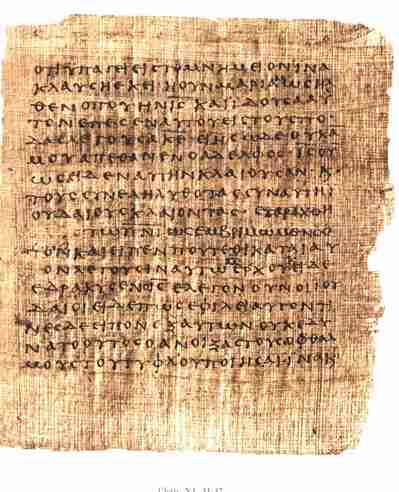Jason Byasse is, like myself, a John Wesley Fellow, part of the ever growing network of orthodox Methodists who are concerned with church renewal, church growth, missions, and in general the revitalization of the church. Here is an interesting story he posted on his blog—–
Jason Byassee: The muse of church revival in Sudan
I think I met the Charles Wesley of the church of Sudan.
Just as Charles’ hymns powered the Methodist movement across the
British Isles, the Americas, and now the Global South, so too did Mary
Alueel Garang’s songs power a revival in the Episcopal Church of
Sudan (ECS), helping to bring in millions of members during that
country’s brutal two-decade long civil war. “I just found myself
singing,” she explained when asked how she wrote so much and so
movingly. If songs come to her, she writes them down, “if they
are meaningful.” She herself describes their themes this way: “During
the war there was suffering, we ran from place to place, but we
encouraged people not to give up and to come to church. You can’t save
your life on your own.”
One can hear her songs’ power even in translation from Jieng (often called Dinka by outsiders) to English:
Let us give thanks.
Let us give thanks to the Lord in the day of devastation,
and in the day of contentment.
Jesus has bound the world round with the pure light of the
word of his Father
When we beseech the Lord and unite our hearts and have hope,
then the demons have no power
God has not forgotten us
Evil is departing and holiness is advancing,
these are the things that shake the earth.
I went to Sudan with one question at the forefront of my mind: How
did a church battered and on the run “in the bush” as they say, hiding
from government soldiers and bombers, grow like the ECS did? When
I asked the Sudanese, they gave me some answers I expected: Tertullian
was right (“the blood of the martyrs is the seed of the
church”), there are no atheists in the bush, indigenous Christianity was
a way to resist Arab and European colonialism. But they also
gave me an answer I did not expect: the singing.
I caught a glimpse of the impact of song on the ECS at a Jieng parish
called Emmanuel in Juba. This service, in a former movie theater, had
easily 1000 people inside and as many people out. And most of
the worship was singing, without hymnbooks, songs that went on for 10,
15, 20 minutes (a people until recently without literacy still
have long memories). They were Mary Alueel’s songs mostly, telling of
God’s faithfulness as people were on the run, and of hope for a
new and glorious day in Sudan. They are the people’s songs, intersected
with God’s song, and as they sang from memory and swayed, I gave
thanks for the songs and their composer.

Mary Alueel (on right) with Professor Ellen Davis
at All Saints Cathedral in Juba, Sudan.
http://faithandleadership.duke.edu/blog/09-22-2010/jason-byassee-the-muse-church-revival-sudan go to link for video
Mary herself is an unassuming woman, quiet, hard to coax into talking
about herself. She talks more easily about her new work, as director of
a church and development office in charge of gender equity. She
tries to convince parents to send their daughters to school, and — not
surprisingly for those who’ve met her — she has been
successful: “I tell them educated girls can still get married, they can
bring a bigger dowry, they can help with in-laws and build
houses for their old age.” She reported that the girls in Bor, a key
Diocese in the ECS, are all in school now.
Mary has been in school as well, studying theology in Kenya for five
years, as much as any leader I met in the ECS. This is a great advance,
for while the ECS has not been opposed to ordaining women in
principle, there simply aren’t many who are ordained (I met none). In
that setting Mary stands out as a sort of mother of the church,
one whose songs joined with the Spirit’s power to lure a people to
freedom in Christ.
Mary says she hasn’t written songs for years. She sounds like she
misses it though: “When I write them I feel free.” The song-writing
was a gift from God: she had studied no theology at the time, and
had only recently converted herself. Yet God gave her a song.
“I don’t know why a song works. But when I have a problem, or a happiness, I continue singing. All days are the same to God.”
Jason Byassee is an executive director of Leadership Education at Duke Divinity.


Permalink | Comments (2) | Post a comment